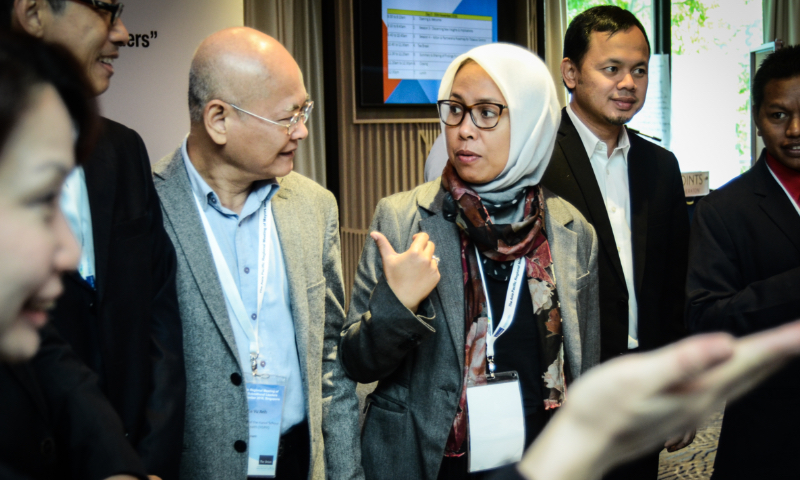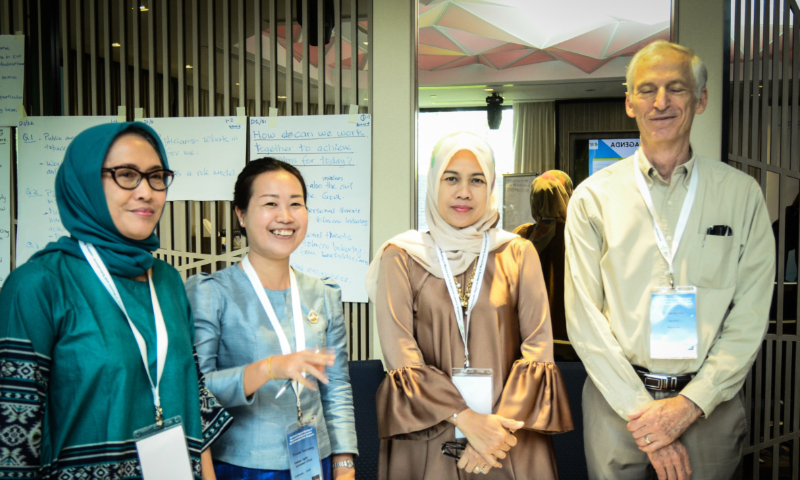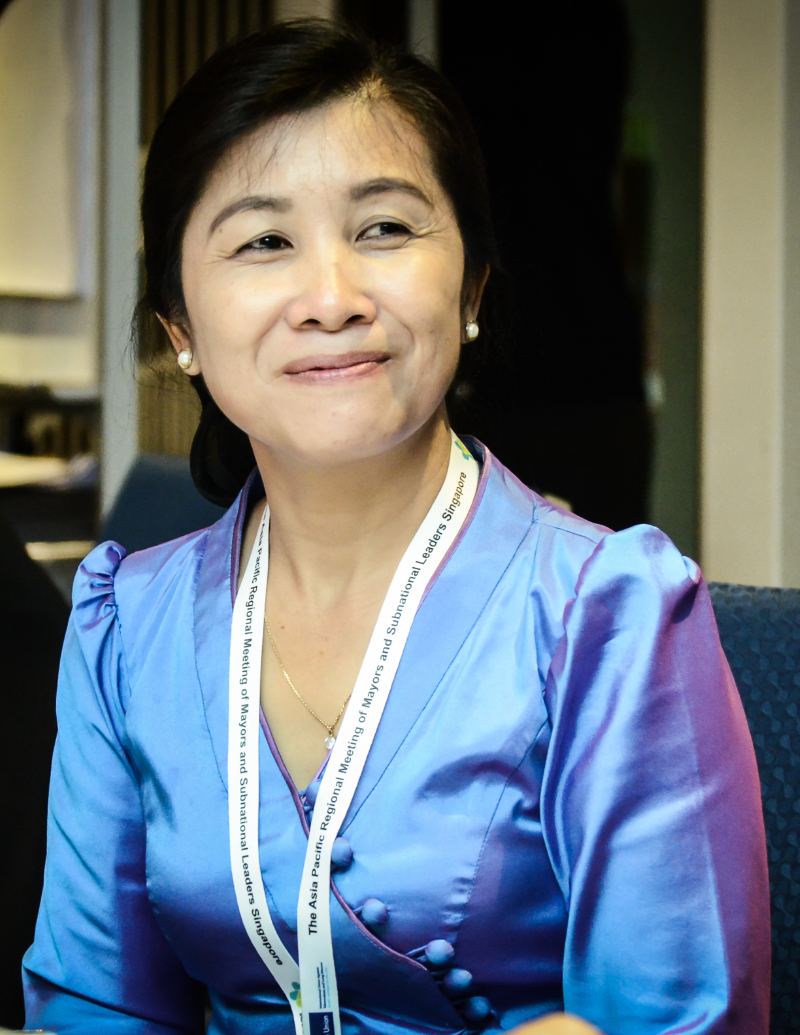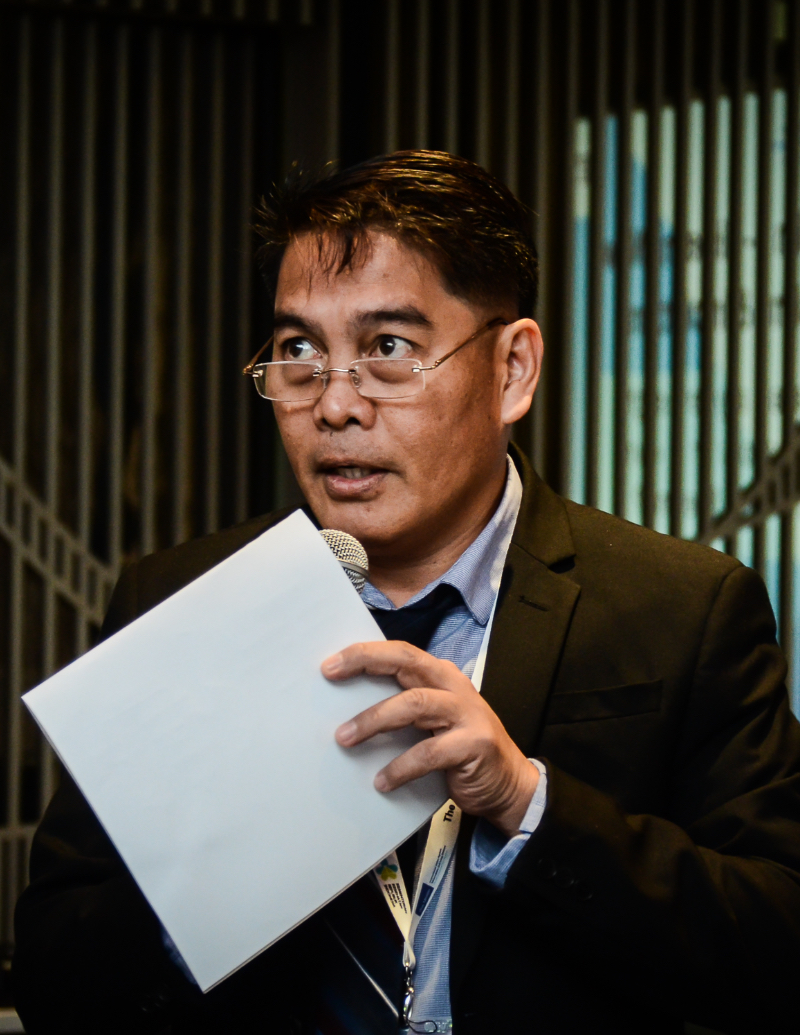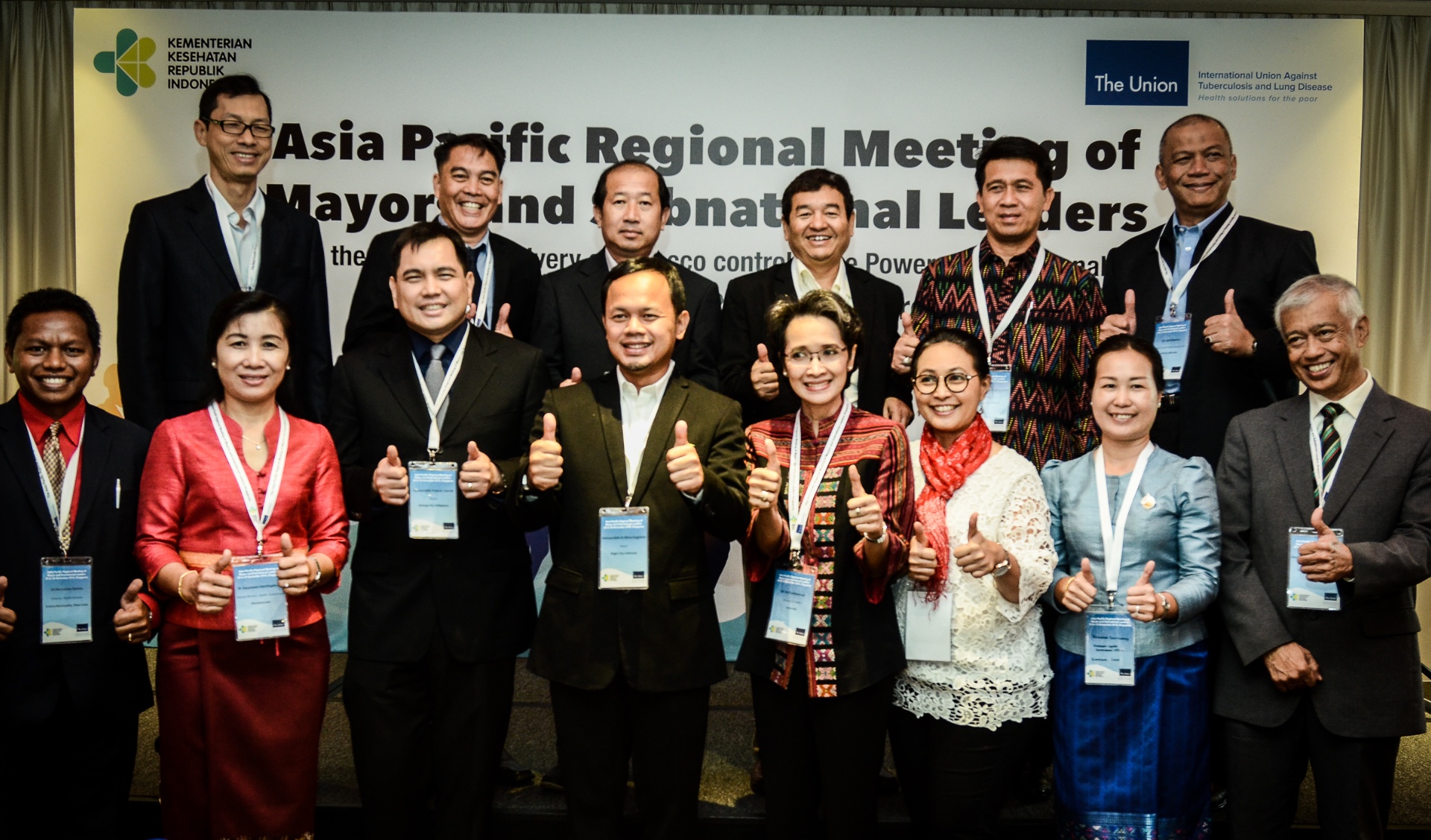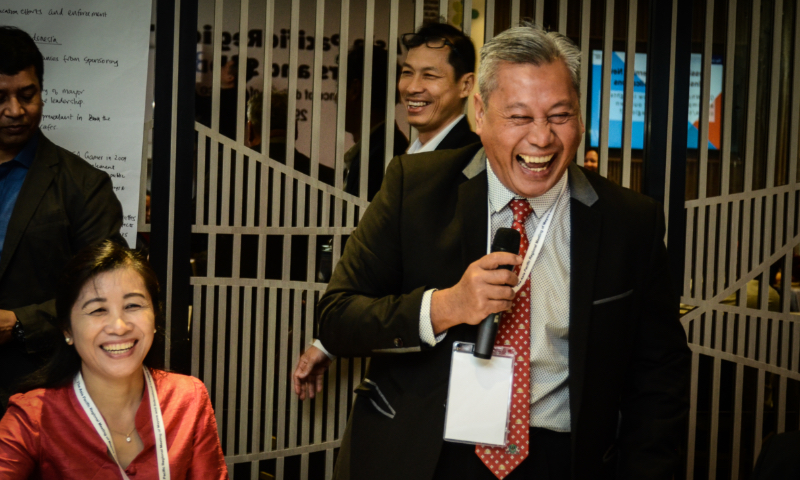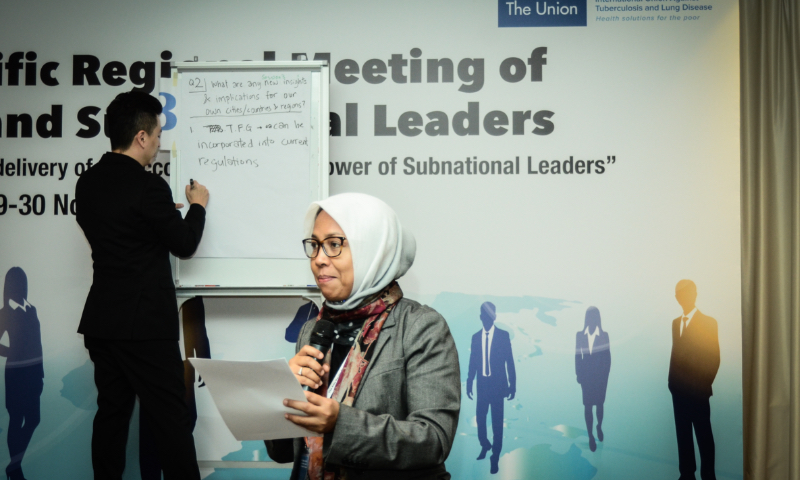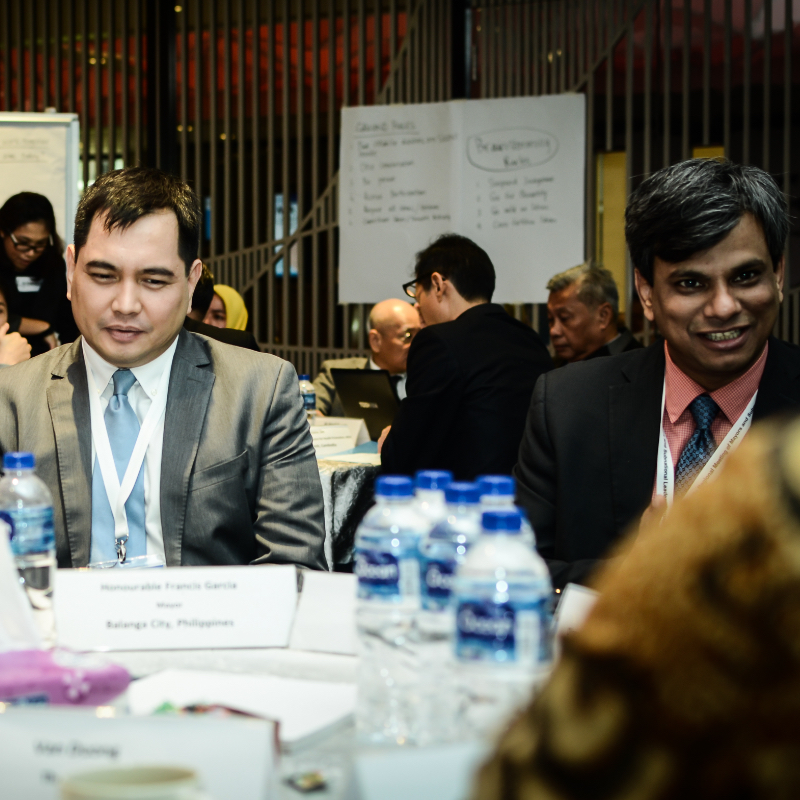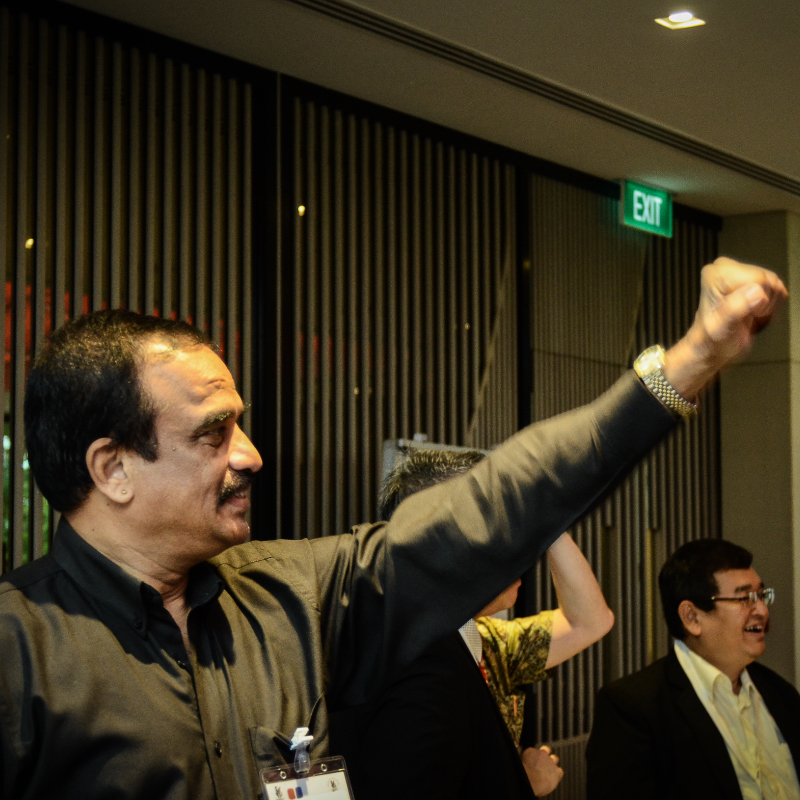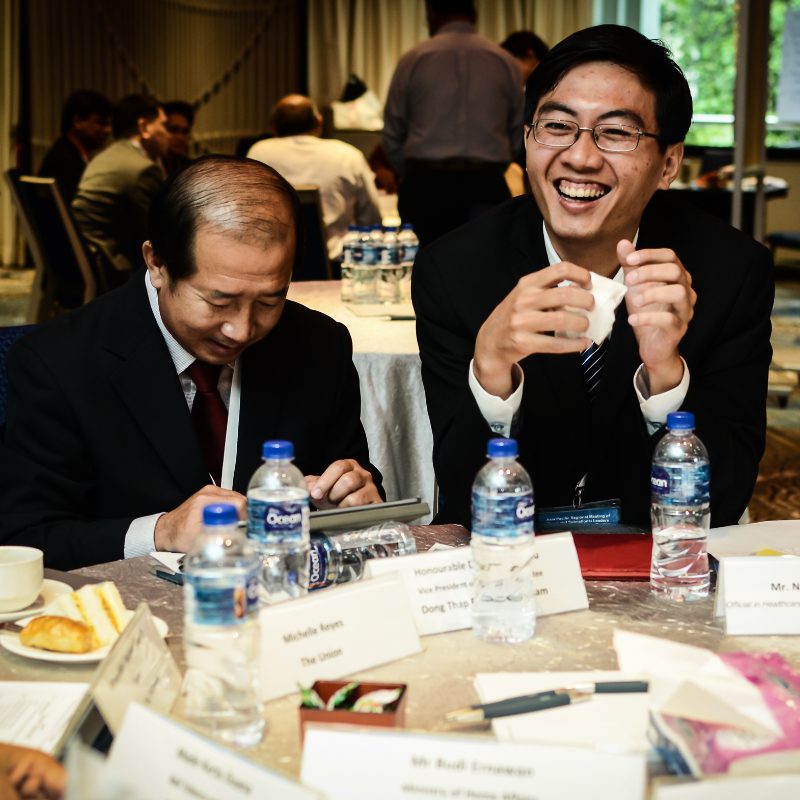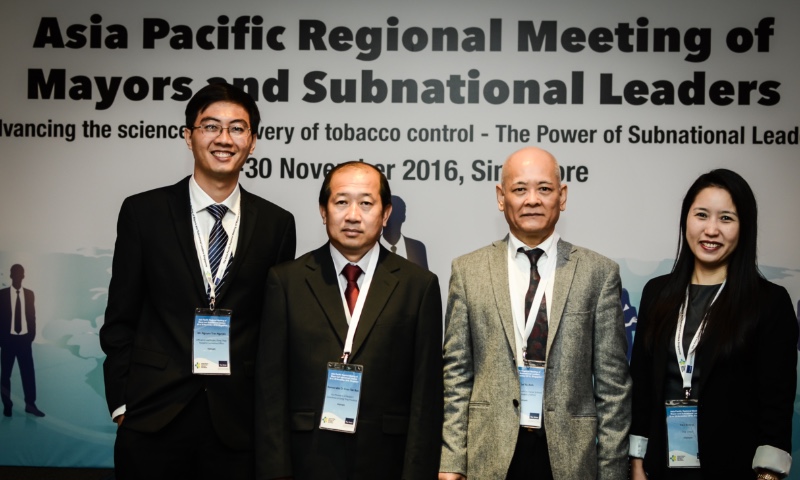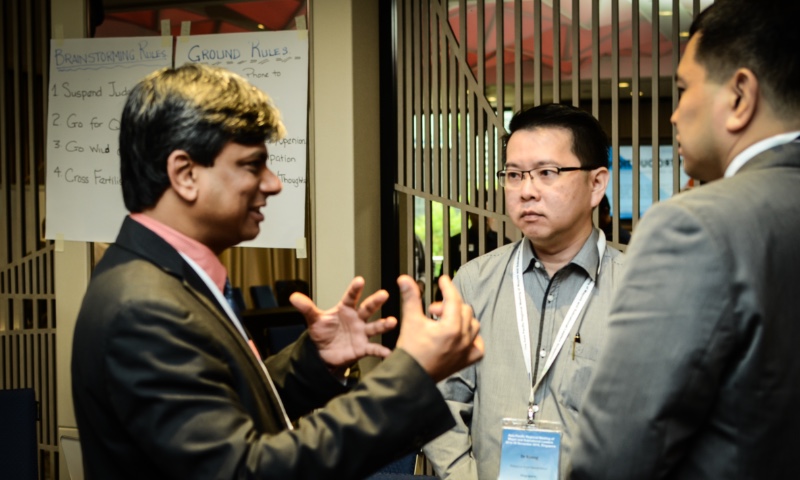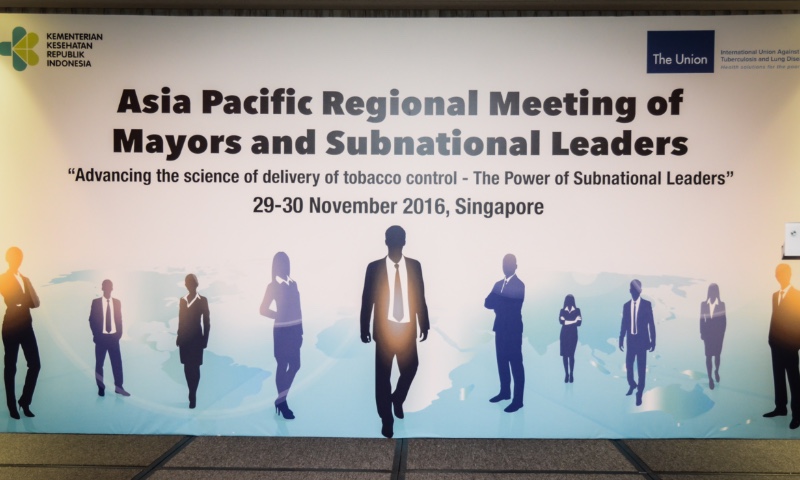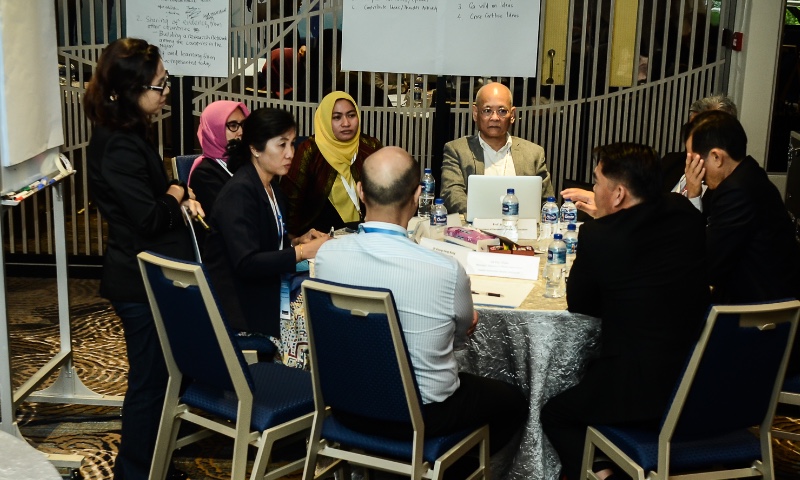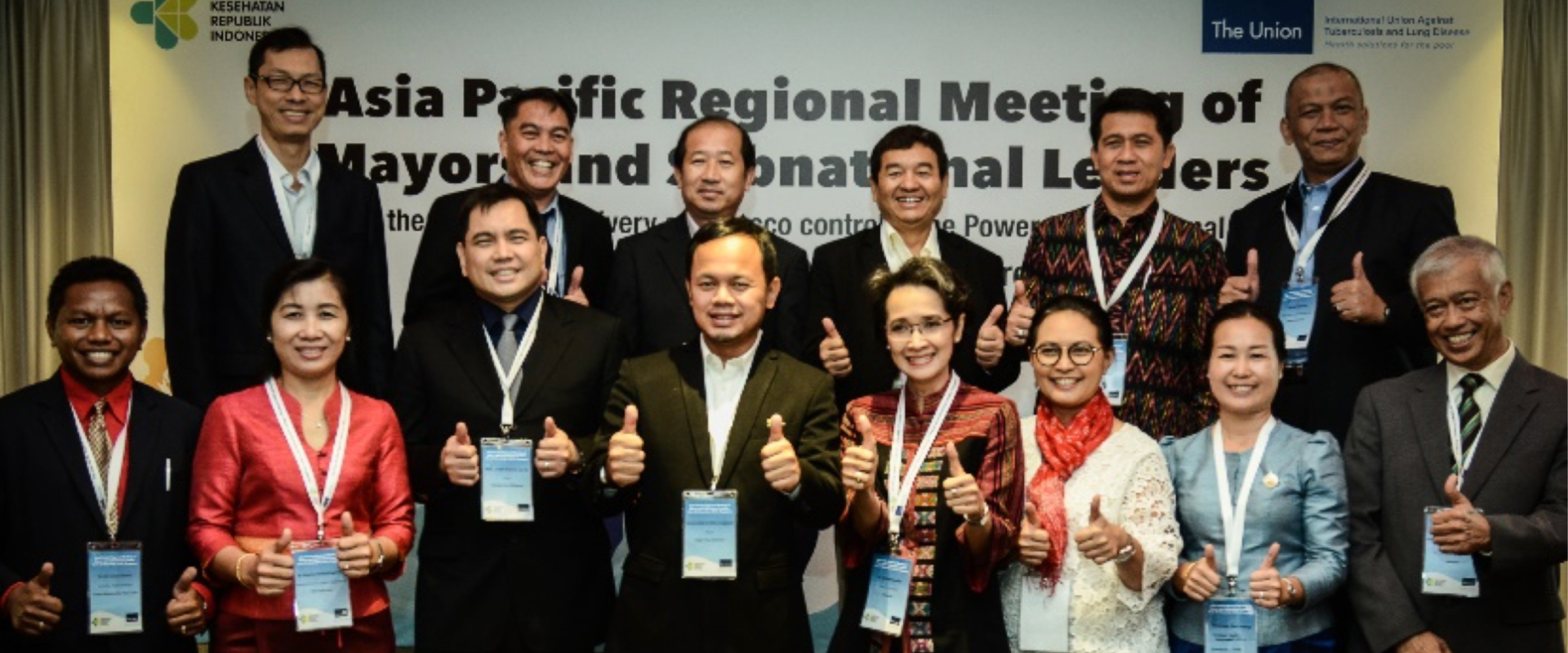
1st APCAT SUMMIT
On the 29th to the 30th of November, Mayors, Subnational Leaders and high-ranking government officials came together in Singapore to discuss tobacco control. The delegates were from 9 countries and 15 cities/districts from all around Asia Pacific. This meeting was jointly organised by The International Union Against Tuberculosis and Lung Disease together with The Ministry of Health, Republic of Indonesia. It aimed to build stronger political commitments, new partnership opportunities, sustainable and effective utilization of resources and stronger public health system performance and outcomes.
The meeting was opened with speeches by the Director of Noncommunicable Disease Control, Ministry of Health, Republic of Indonesia, the Ministry of Home Affairs Indonesia and the Regional Director of The Union.
Tobacco kills around 6 million people each year; that is, one death roughly every six seconds. More than 5 million of those deaths are the result of direct tobacco use while over 600 000 are the result of non-smokers being exposed to second-hand smoke. Tobacco use is a common risk factor to the main NCDs – cardiovascular disease, cancer, chronic respiratory disease – and other diseases including tuberculosis and neurological disorders. Globally, 14% of all NCDs deaths among adults aged 30 years and over are attributable to tobacco. The World Health Organization Framework Convention on Tobacco Control provided the principles and context for policy development, planning of interventions, and mobilization of political and financial resources for tobacco control. In many countries in Western Pacific, anti-tobacco laws are poorly enforced. The public health community is in a constant battle with the tobacco industry who mainly target young people and try to weaken the public health efforts. There is a real need for young people to be empowered to resist smoking or to quit smoking. Subnational leaders play a central role in overall development and good city governance. Mayors generally head the political and administrative parts of urban governments that are very important to people’s daily lives as they manage the infrastructure and services that directly influence quality of life.
Singapore, as a host country, was in itself a great example of what a difference good regulations and strong political commitments can make. Singapore has one of the lowest smoking rates in the region. Smoke free laws are well enforced and new laws are being implemented constantly. The meeting was conducted in an open discussion format, allowing ideas to flow freely and lively engaging discussions to take place. Delegates shared what and how they’ve been able to implement some of their tobacco control regulations. They also shared what difficulties and obstacles they face, after which they brainstormed and received valuable input from their peers. Throughout the meeting, connections and new partnerships were being formed. Everyone was convinced that a small group of committed individuals would be able to make a great difference in the world.
At the end of the 1 and a half day meeting, the APCAT Alliance was formed. Together participants declared that they would work together in several areas to support Tobacco Control. The document was formally signed. The Alliance is Co-chaired by two Mayors, The Mayor of Bogor City, Indonesia (Dr. Bima Arya Sugiarto) and Mayor of Balanga City, Philippines (Francis Anthony S Garcia). The Alliance has committed to meet yearly to review their progress, share experiences and identify strategies for actions.
1st APCAT SUMMIT OPENING HIGHLIGHTS
Subscribe to our Mailing list
Get latest updates on events, press releases and more !

